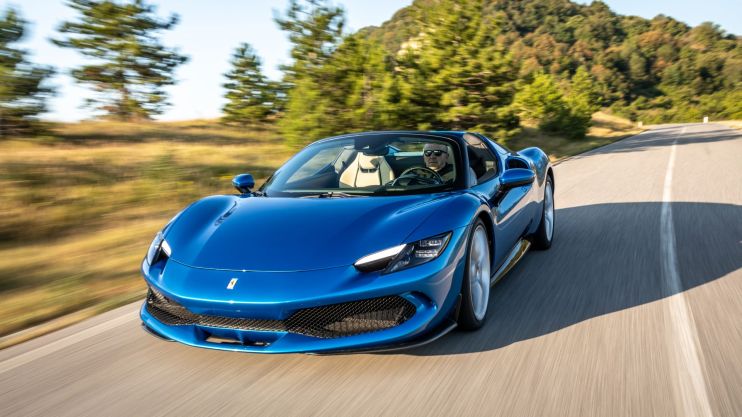Ferrari won’t phase out combustion engines despite EV push

Ferrari has said that it plans to keep building normal car engines despite regulatory pressure to boost electric car production, arguing it was up to customers to choose whether they buy electric or not.
The Italian car manufacturer plans to keep building internal combustion engines (ICEs) well into the 2030s, while also scaling up its production of new electric vehicles.
In an interview with the BBC, Ferrari CEO Benedetto Vigna said that it would be “arrogant” to tell customers what to buy, despite efforts by governments worldwide to reduce the production of ICEs.
“I don’t want to be arrogant and impose a choice on our client,” he said. “It is the client who must choose if they want an ICE, a hybrid or an electric car.”
Earlier this year, the EU passed a landmark law, which banned the sale of new ICE cars in the bloc after 2035.
But Germany, which is home to many car makers, recently managed to win a controversial exemption that enabled the continued manufacturing of the engines that run on e-fuels – synthetic fuels manufactured using captured carbon and hydrogen.
Vigna welcomed the e-fuel ‘loophole,’ at the time, telling a Reuters event in March that “the good news for us as a company… is that on top of electric cars, we’ll also be able to go on with our internal combustion engines ones.”
Speaking at the Financial Times’ ‘Future of the Car’ conference earlier this week, Vigna insisted that the continued production of ICE’s was “compatible” with the companies’ net-zero targets.
Ferrari plans to release its first fully electric supercar model in 2025.